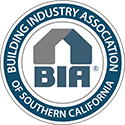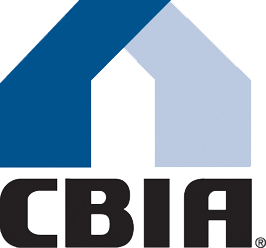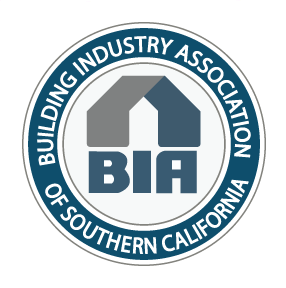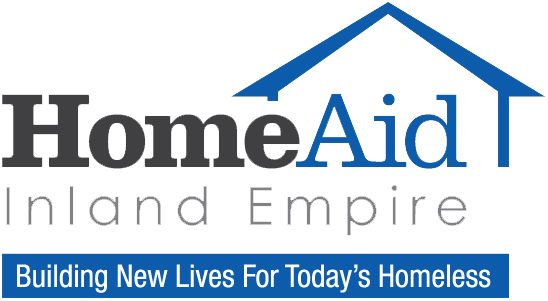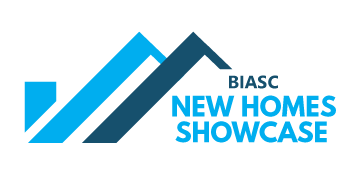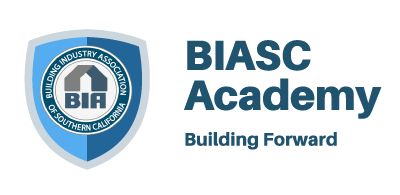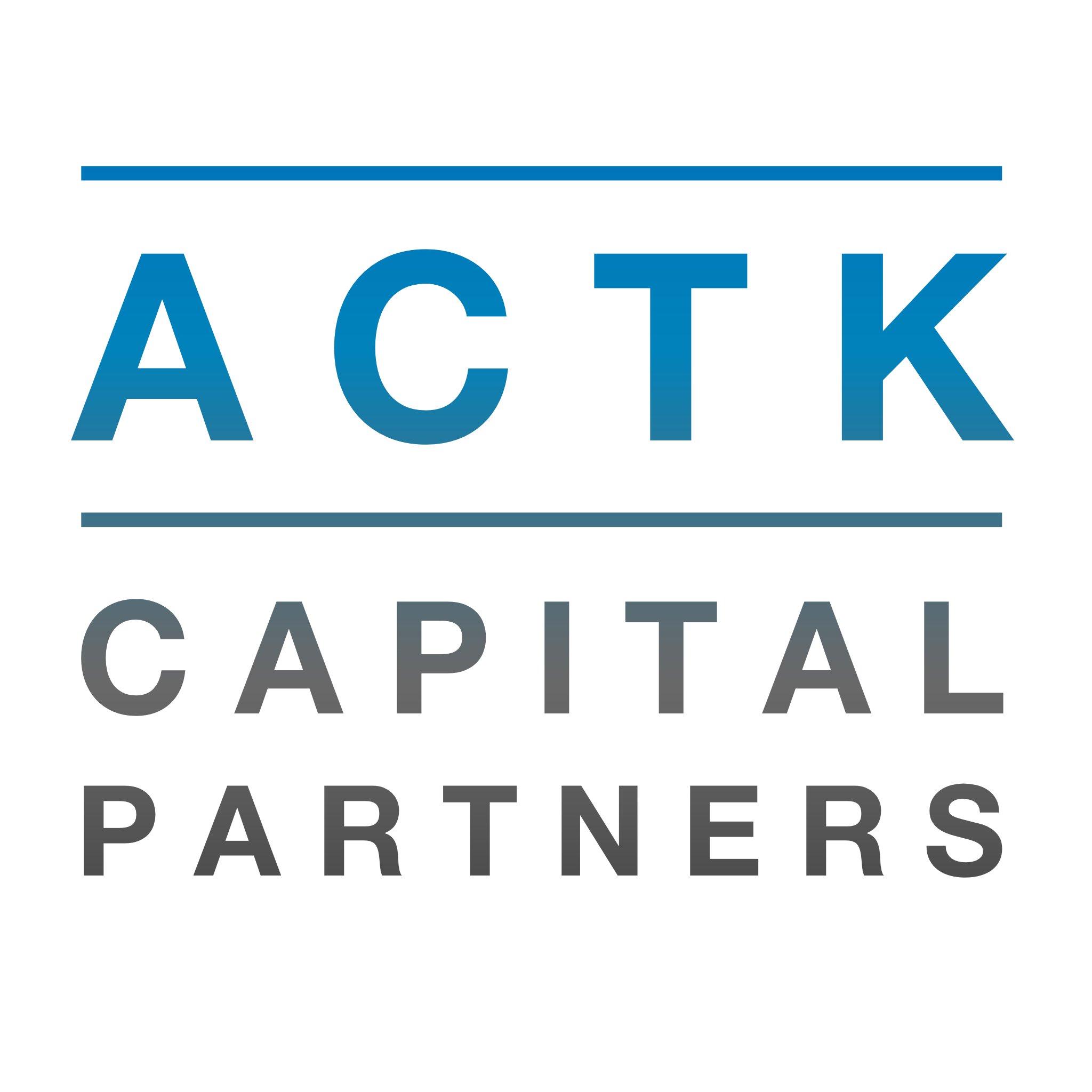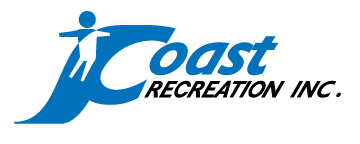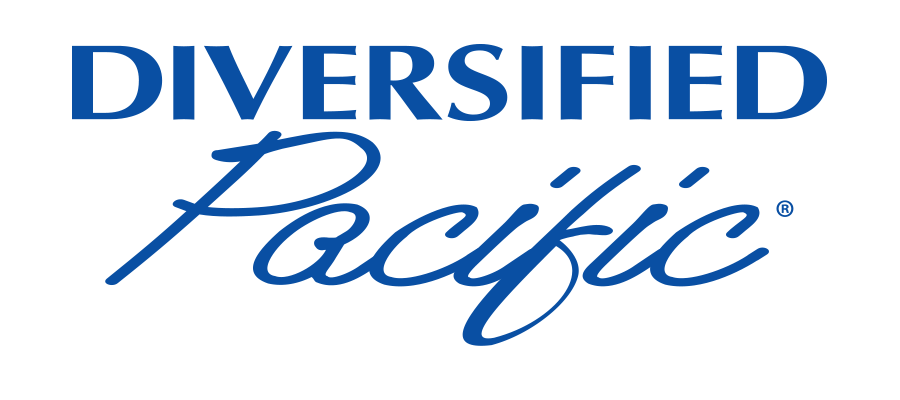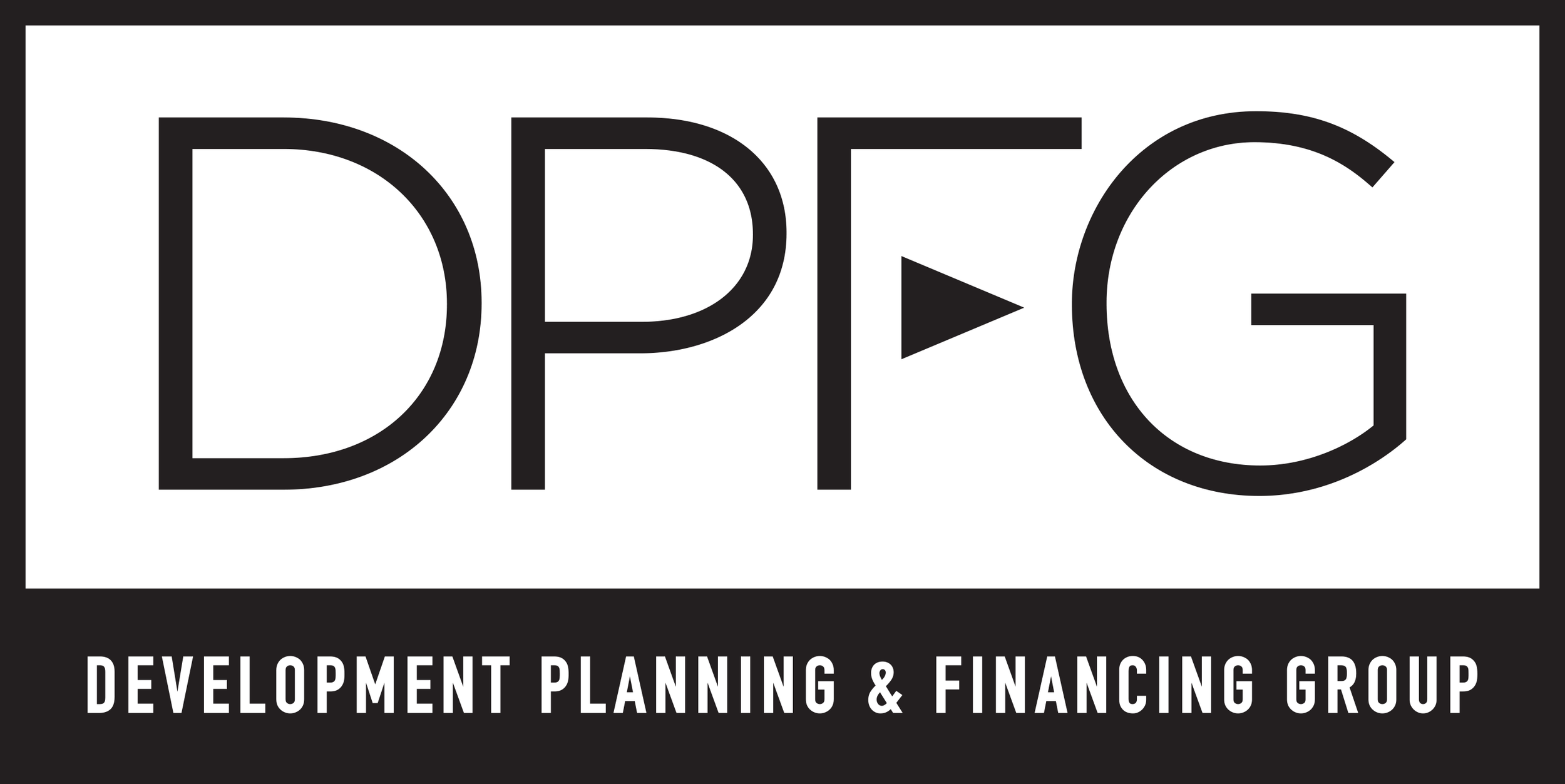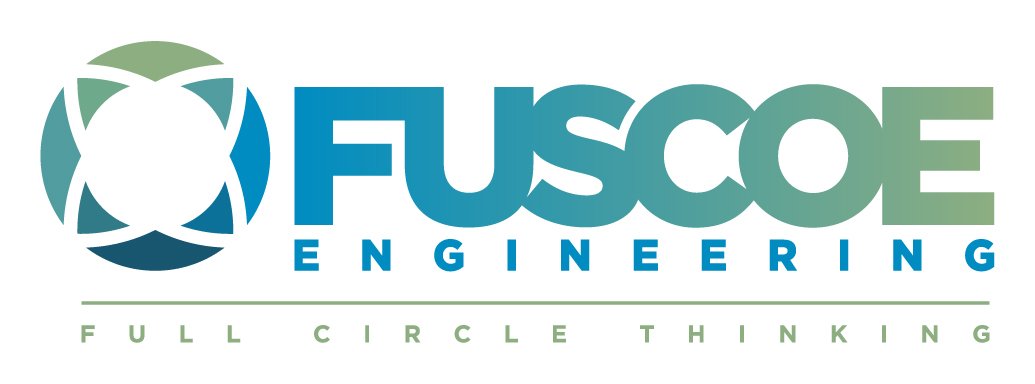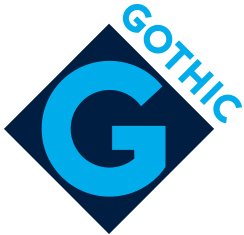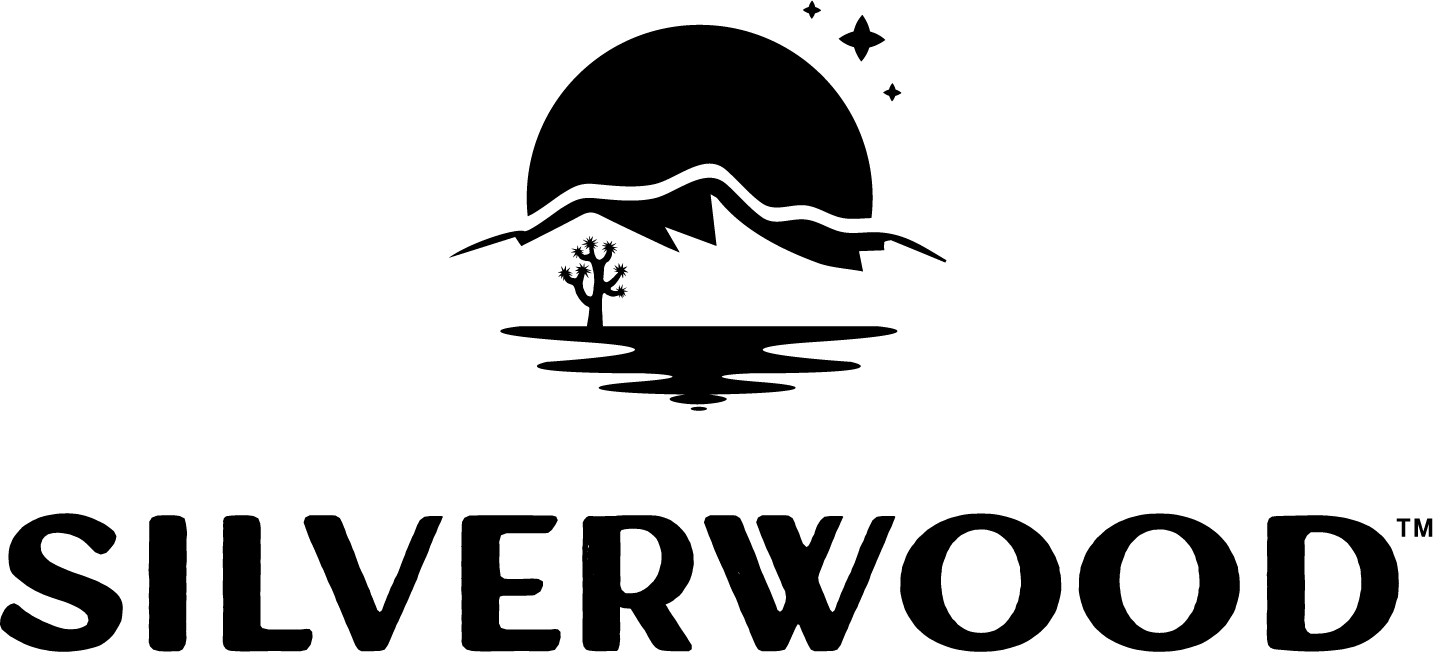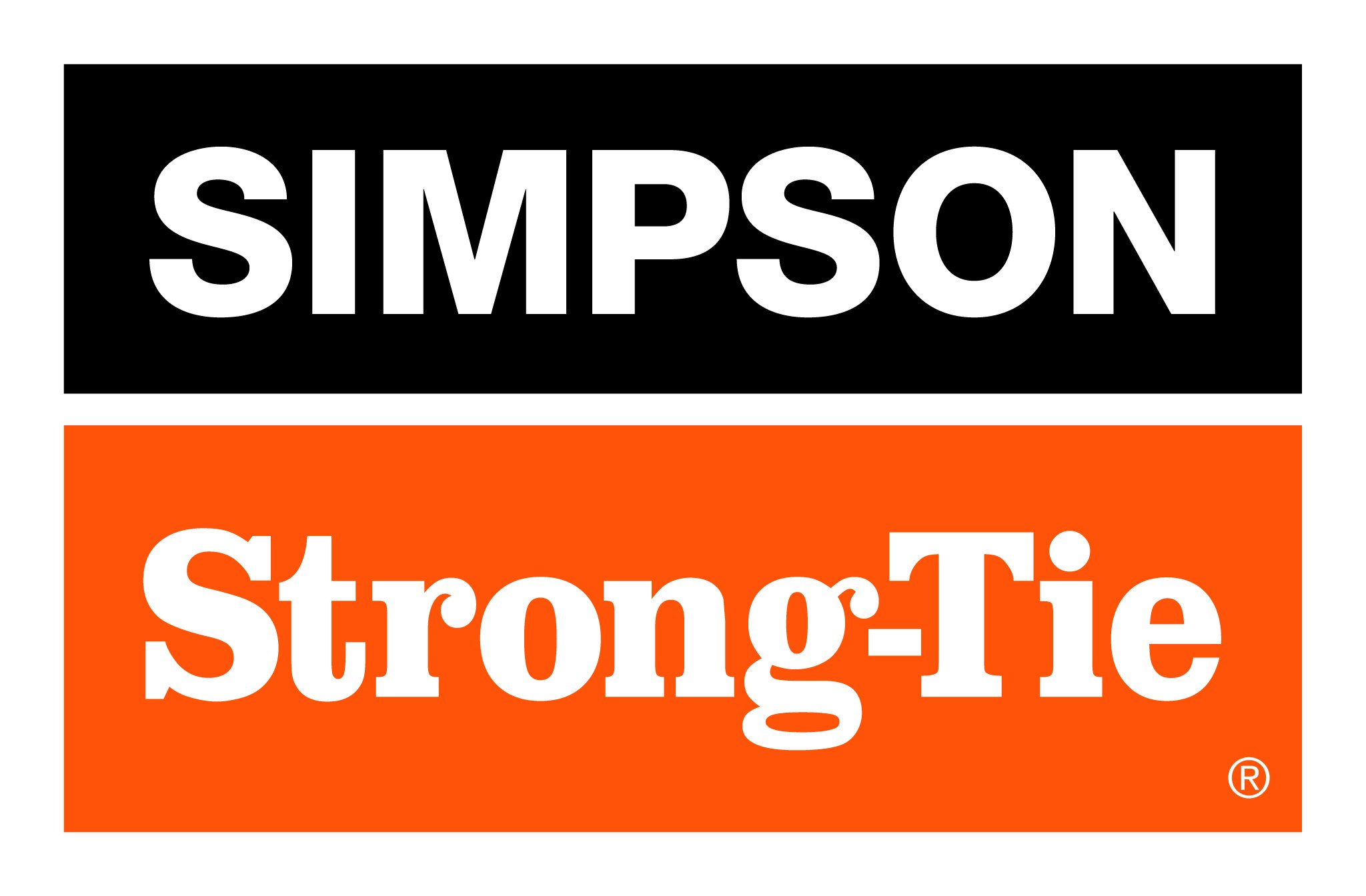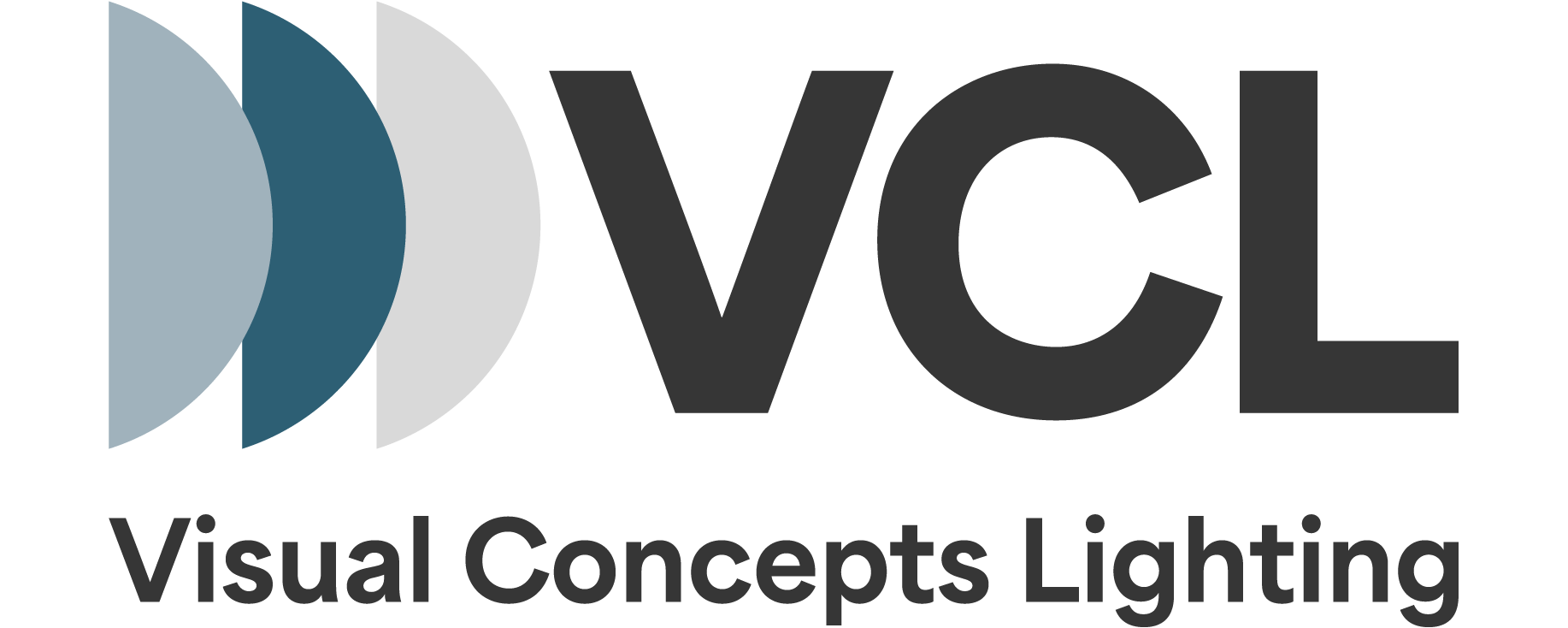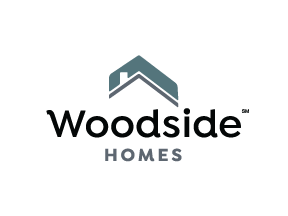By Ali Sahabi of Optimum Group, LLC
President, Building Industry Association (BIA) Baldy View Chapter
The summer homebuying season has arrived and if you are a first-time homebuyer, here are some tips to start you off on your path to homeownership by making you the best educated homebuyer you can be.
Deciding how much to spend on your home and which type of mortgage will work best for you will be your first step and there are many sources that can help you get prepared well before you step foot into a sales office, model home or open house. A great starting point for new homebuyers is to make a visit to the www.nahb.com/forconsumers website. Then visit the U.S. Department of Housing and Urban Development (HUD) website at www.hud.gov website to find information about free housing counseling and first-time homebuyer seminars and pick up a copy of their free booklet Buying Your Home: Settlement Costs and Information. It describes the process and explains most of the expenses you will encounter. You will be able to shop more wisely if you have read this information before you visit a lender.
Then, sit down and figure out what you can actually afford to pay on a monthly basis. Remember that, in addition to the monthly principal and interest, you will also pay into escrows for property taxes, hazard insurance and possibly a home owners' or condominium association assessment. Remember, you have more knowledge about your living expenses than a lender. Hold firm with the number you arrive at and don’t be tempted to agree to an amount higher than what you are comfortable spending. Mortgage calculators are a great way to figure out what your monthly payments would be based on interest rates and down payment amounts. Calculators can be found on many real estate or banking websites.
Once you understand the loan choices that would be available to you and determined the most suitable loan, get pre-approved for that loan. Start with your current bank and check with business associates or friends for suggestions. If you’re looking into a new home community, ask the homebuilder’s staff if they have partnered with a certain lender. Check with your local chamber of commerce in the city in which you’re shopping for a home for a list of member banks or lending institutions. Once you have identified some candidate lenders, sit down and get all of your mortgage quotes on the same day. This allows you to compare ‘apples to apples’ as rates quoted in ads may be out of date by the time you get your quotes. Find out how many points (a point is a fee equal to one percent of the loan amount) are included in the different offers. Even though the rates you actually get when you secure a loan will probably be slightly different, this type of comparison will give you the most accurate indicator of which company offers the best rates.
Remember, there are basically two kinds of mortgages: a fixed - rate mortgage (FRM) or an adjustable rate mortgage (ARM). The difference is that ARMS generally offer a low initial cost yet carry a degree of uncertainty while FRMs offer rate and payment security but can be more expensive. Because lenders generally charge lower initial interest rates for ARMs than for FRMs, ARMs are usually easier on a first – time homebuyer's finances than an FRM for the same amount. If you choose an ARM, make sure to ask if the loan includes a special discount or ‘teaser’. If so, the homebuyer could face a large increase in monthly payments when the interest rate is adjusted for the first time. Then, find out the margin in the interest rate (the amount that the lender adds to the index rate to calculate the mortgage rate). For example, if the index rate is seven percent and the margin is two percent, the overall interest rate would add up to nine percent.
Get the details of each lender's ‘lock – in’ when making your comparisons. When a rate is ‘locked in’, the lender commits to offer that rate regardless of subsequent changes in the market. Lock – in rate periods are usually between 30 and 90 days but a longer rate lock costs more money in the form of points than shorter lock-in periods. Be sure to find out when your interest rate will be locked in. Ask your lender what index would be used to adjust the mortgage rate and a table showing movements in the index over the previous ten years to see how your mortgage payments would have changed. Ask how often the interest rate will be adjusted. The longer the adjustment period, the better you will be able to plan the future loan cost. Then, inquire about the maximum amount that the mortgage rate can increase in any single adjustment period and over the life of the loan.
Remember, for most Americans their home is the biggest and best investment they will ever make. Take your time, do the research and you will make the best choice you can make.
